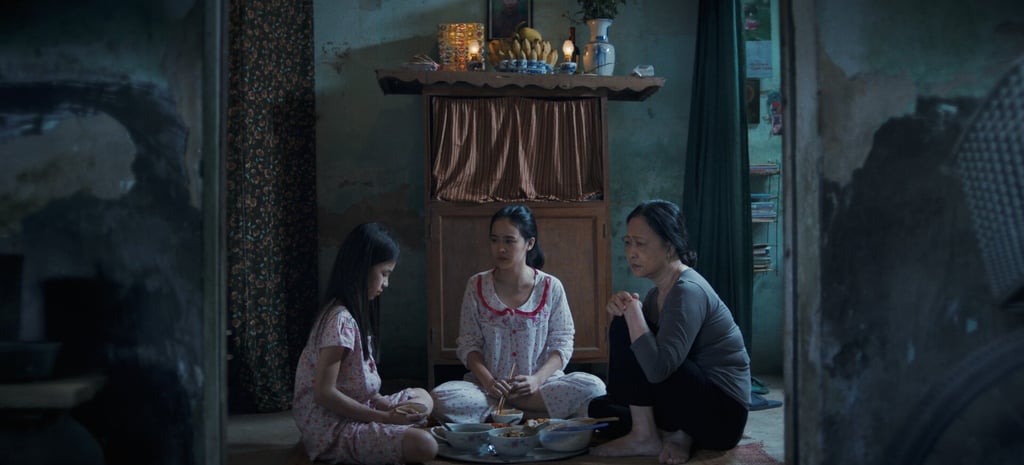Broken Vows: A Fight for Freedom in "Trading Happiness" (Trao Đổi Hạnh Phúc, 2020)
Can a mother choose between debt and her daughter's happiness? 'Trading Happiness' presents a powerful story of survival, choice, and the reclaiming of destiny in rural Vietnam


Ngo Do Duc's short film, Trading Happiness, investigates arranged marriage and bridal services in Vietnam's rural area. The story starts with Nghi, a Vietnamese mother, worried about Phuong's marriage (her daughter) with a Chinese businessman to relieve her family debts. However, Phuong's sudden disappearance at her wedding by following her impulse leads the plan between Nghi and the match-maker to become entirely chaotic. So, will Nghi choose the family debts or her daughter's true happiness? Does Phuong have the power to control her destiny?
Trading Happiness refers to China's one-child policy leading to the bridal services, and arranged marriage becomes a cynical trade for maintaining family lineage. The film's contrast of dark and light color creates a gloomy atmosphere and symbolizes the women's emptiness and dubious future when their economy and ambition are dependent on men. Throughout the film, Ngo Do Duc suggests a neutral perspective toward this social issue, allowing the audiences to learn and possess a diverse point of view. Hence, the idea of women's integrity in bridal services and arranged marriage allows Ngo Ngoc Duc and the crew to win Filmfest Dresden's Golden Rider of the Youth Jury Award and Filmfestival Max Ophüls Preis's Audience Award.
Delving further into the film's narrative, the rural Vietnamese setting becomes a character in itself, embodying the weight of tradition and the desperation that fuels such arrangements. The dusty roads, the cramped homes, the hushed conversations – all contribute to a sense of claustrophobia, reflecting the limited choices available to Phuong and, by extension, many women in similar circumstances. The wedding itself, meant to be a celebration, is depicted with a stark, almost clinical detachment, highlighting the transactional nature of the event. It's not about love; it's about survival.
Nghi, the mother, is not revealed as a villain, but as a woman trapped by circumstance, forced to make impossible choices. Her worry is not malicious, but a reflection of the harsh realities of their economic situation. This nuanced portrayal adds a layer of complexity to the film, avoiding easy judgments and forcing the audience to confront the difficult questions at the heart of the story.
Phuong's impulsive act, her sudden flight from the wedding, is a powerful moment of rebellion. It's not just an escape from a forced marriage; it's a reclaiming of agency, a refusal to be defined by her family's debts or societal expectations. The film does not offer easy answers, but it does leave us with a sense of hope, a suggestion that even in the face of overwhelming odds, individual choice can still prevail.
The use of contrasting light and dark colors isn't just an aesthetic choice; it's a visual representation of the emotional landscape of the film. The shadows that cling to the characters, the dimly lit interiors, all contribute to a sense of unease, reflecting the uncertainty that hangs over their lives. Conversely, the occasional bursts of light, often associated with Phuong's moments of defiance, symbolize the possibility of a different future.
Ngo Do Duc's decision to maintain a neutral perspective is a bold one. He doesn't preach or offer solutions, but instead presents a complex social issue with honesty and integrity. This approach allows the audience to engage with the film on their own terms, to grapple with the moral ambiguities and to form their own opinions. The awards the film has received are a testament to its power to provoke thought and spark conversation. It's a film that stays with you long after the credits roll, forcing you to confront uncomfortable truths about tradition, choice, and the price of survival.
25 minutes | Vietnam, Germany | 2020